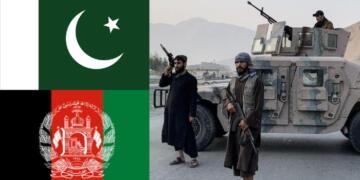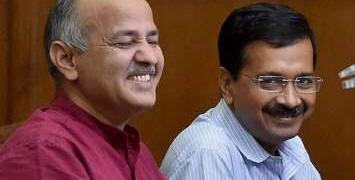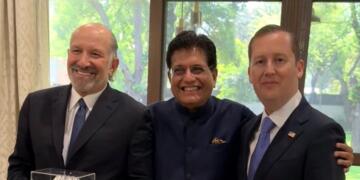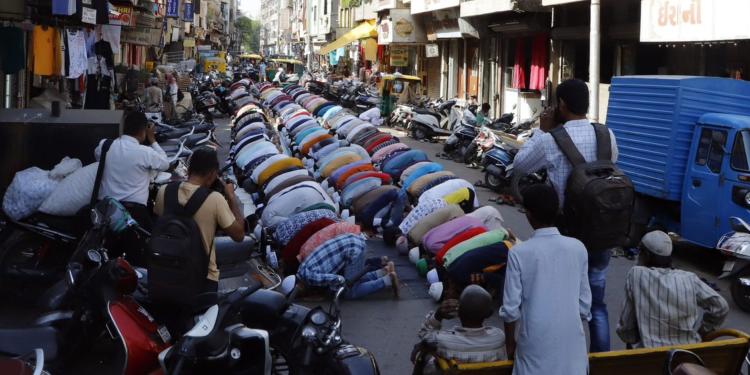In a big move, the Uttar Pradesh police has banned Namaz on roads across the state. The UP police had earlier decided to ban Namaz in some parts of the state including Meerut and Uttar Pradesh. It has now extended the ban across the state. On the namaz ban, DGP OP Singh stated, “On special occasions, when large crowd gathers for offering prayers on festivals, it could be allowed by the district administration, but this practice will not be allowed as a routine during every Friday prayer.” He further added that directions have been issued to all districts police chiefs and other authorities to ensure that no namaz was offered by blocking roads.
Earlier, the Aligarh district administration had banned religious activities on roads, including Friday namaz. The Hindus had taken to the streets to recite the Hanuman Chalisa and perform Maha Aarti every Tuesday and Saturday. This was in response to Muslims offering namaz on the roads. As a result, the Aligarh administration banned religious activities on roads.
BJP General Secretary of the Aligarh city unit, Manav Mahajan said, “If one community can block the road for offering namaz, then why can’t the Hindus perform maha aarti on roads?”
Prior to this, a month ago, the people had adopted the same route in West Bengal as well. The members of the BJP youth wing Bharatiya Janata Yuva Morcha had gathered in Howrah, near Kolkata, on 25th June to recite the Hanuman Chalisa, to protest against the “blocking of roads” by Muslims during Friday namaz. Mamata Banerjee’s relaxed attitude towards this had let to a lot of issues in the cities and people complained that patients die as ambulances get stuck and neither the children are able to reach schools in time, nor the people to their offices.
Moreover, this problem is being faced by people all over the country. The community takes to the roads to offer Namaz, and that affects the overall productivity of the region, as people are stopped from going about their usual activities.
With this decision, the UP government has set a good precedent that roads and public spaces are no place for religious activities no matter the community.

























